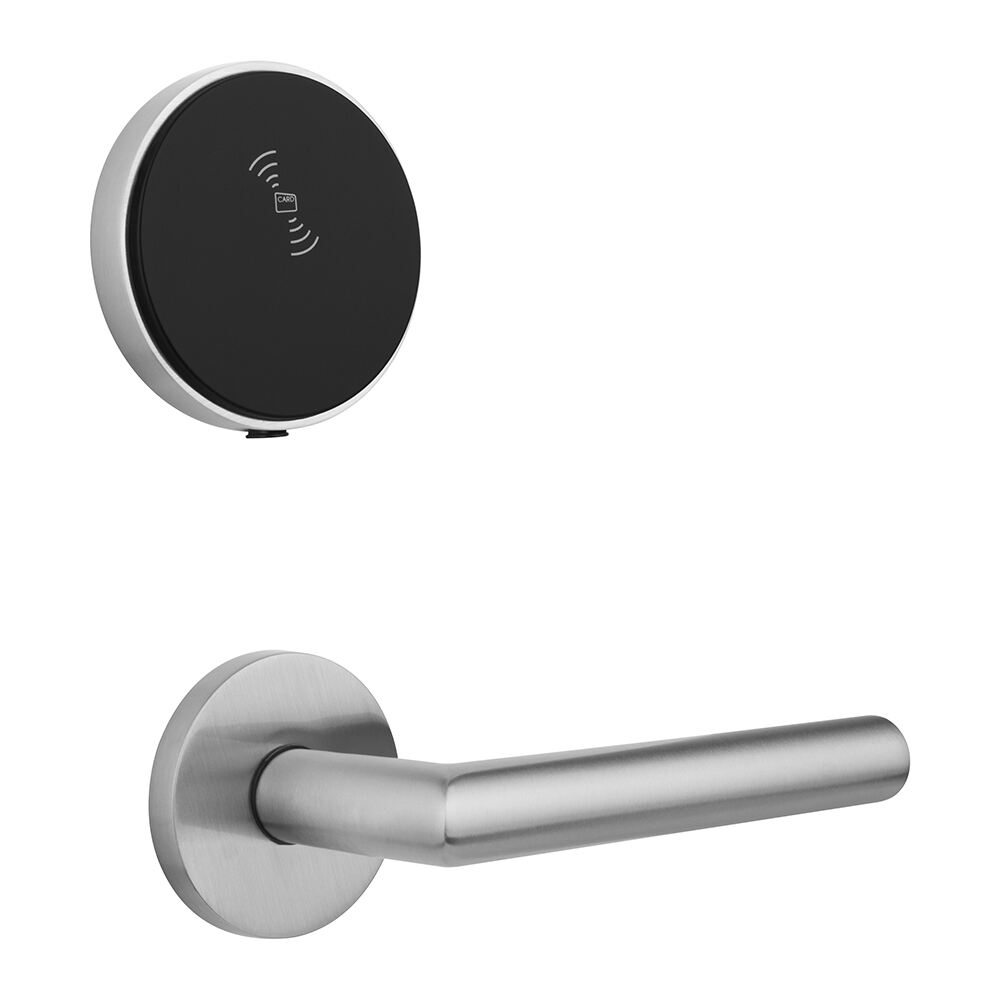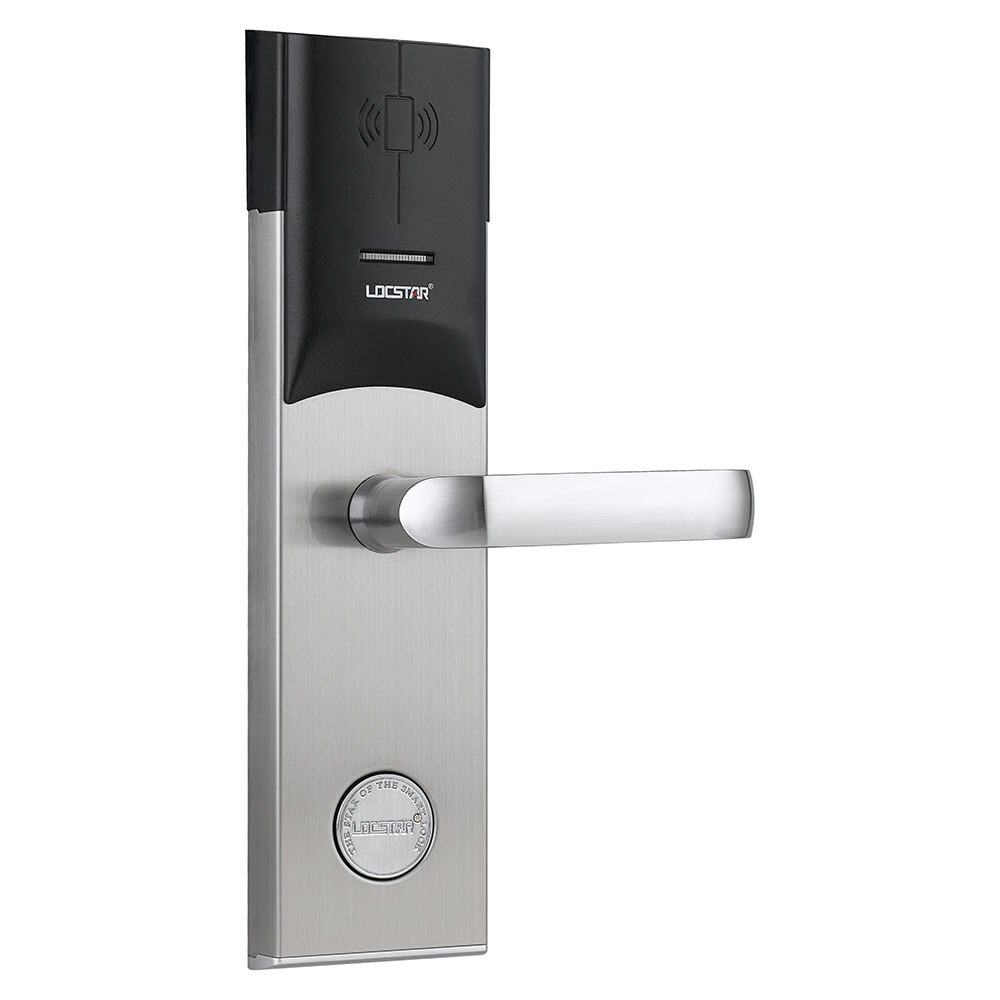What we have are locks on a door. They’re useful in preventing people who aren’t supposed to be in our homes and buildings from getting inside. But locks are vulnerable to things we don’t always see, like water or sun or salty air.
Rust is a type of fungus that develops when water gets to metal locks. Rust is a sort of corroding layer which can render hinges on the verge of destruction. This is why people who know anything about locks utilize special treatments to protect them.
How Locks Get Sick
Consider imagining a lock as a super-hero, As superheroes need protection, locks need special shield. The protector prevents water, dirt and other elements from damaging the internal metal components of the lock. Without this protective film, locks can weaken and become unusable.
Cleaning and Protecting Locks
They clean the lock quite well before using the shield. They clean off all dirt or old rust. Then they use a special coating that acts like a magic jacket for the lock. The coating makes the lock tough and makes it function properly.
Locks in Different Places
Locks do not serve the same purpose everywhere. There would be lots of salty air that can damage locks near the ocean. Locks in super-hot desert environments or really cold mountain climates require additional care. Some workers are like locksmiths. They ensure that locks withstand harsh weather and remain sturdy.
Locks for Different Places
Some locks require more troubleshoot than others. The lock on a beach house is quite a different lock from a lock on a house in the mountains. Specialized workers ensure that each lock is precisely finished for its intended use.
Why it is Important to Protect Your Locks
A lock that is broken can be a hazard. If a lock doesn’t function properly, a nefarious character can break in. We know that locks work when we treat them well. That helps to protect our homes, schools, and buildings.







 EN
EN
 AR
AR
 BG
BG
 NL
NL
 FR
FR
 DE
DE
 EL
EL
 HI
HI
 IT
IT
 NO
NO
 PL
PL
 PT
PT
 RO
RO
 RU
RU
 ES
ES
 SV
SV
 TL
TL
 ID
ID
 LT
LT
 SR
SR
 UK
UK
 VI
VI
 SQ
SQ
 HU
HU
 TH
TH
 TR
TR
 FA
FA
 SW
SW
 GA
GA
 BE
BE
 AZ
AZ
 KA
KA
 UR
UR
 BN
BN
 BS
BS
 MN
MN
 NE
NE
 MY
MY
 KK
KK
 UZ
UZ
